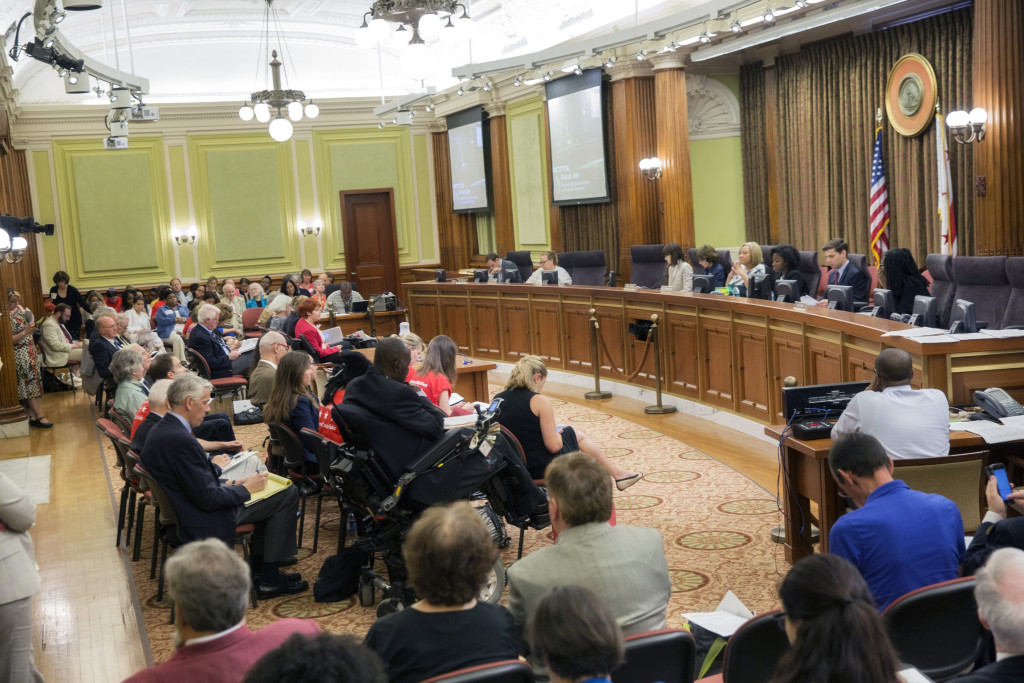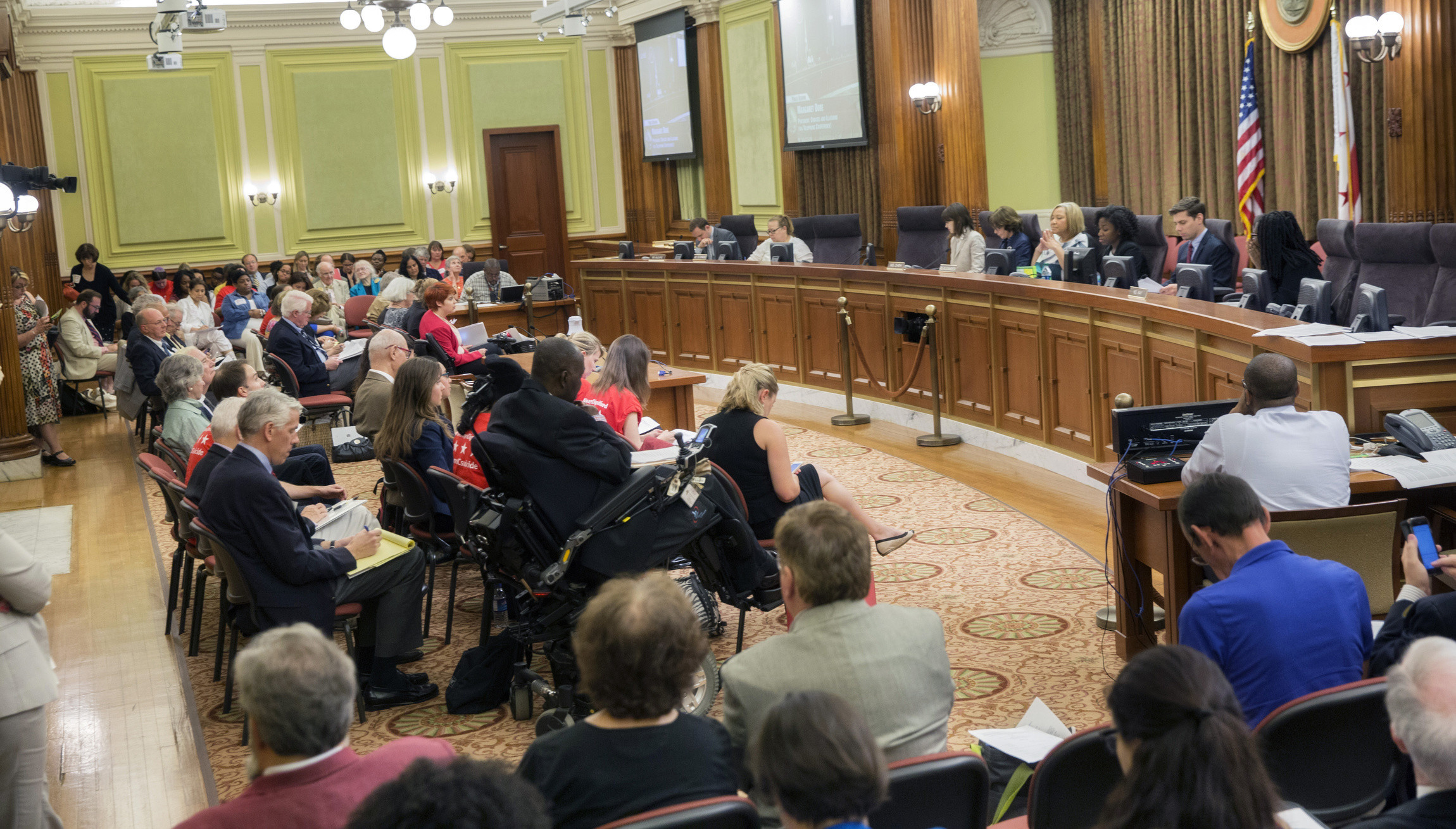
SANTA FE (CNS) — The Catholic bishops of New Mexico in a joint statement welcomed a ruling by the state’s Court of Appeals that reversed a lower court’s approval of physician-assisted suicide.
“The Catholic Church strongly believes that life is a gift from a loving God, which extends from conception to natural death,” they said. “Only God can give or take life and the state does not have the competency to shorten this precious gift, even for seemingly laudable purposes.”
Two years ago, ruling in the case of a woman who had been diagnosed with life-threatening uterine cancer, the Bernalillo County District Court said that aid in dying “is a fundamental liberty interest.”
On Aug. 11, the state appeals court said the opposite, that assisting someone to die is “not a fundamental liberty interest under the New Mexico Constitution.”
The bishops, in their Aug. 13 statement, said that “while each stage of life is sacred, the end of life is filled with special meaning and opportunities.”
“Our Church, given its long history of operating and sponsoring hospitals, ministering to those in pain and providing spiritual services to the dying,” they said, “is in a unique position to shed light on our country’s debate on assisted suicide and to offer insights that point to the dignity and sacredness of the dying process.”
Society too often “sees pain as the enemy while in fact suffering often accompanies genuine growth and new opportunities,” they said. “The answer to suffering is not death but rather the grateful acceptance of life while at the same time managing pain through proper medications and the support of loved ones.”
The statement was signed by Archbishop John C. Wester of Santa Fe and Bishops James S. Wall of Gallup and Oscar Cantú of Las Cruces.
The plaintiffs in the original case, Morris v. King, were two physicians from the University of New Mexico Hospital who filed suit on behalf of patient Aja Riggs. Lawyers for Riggs and the doctors said they would appeal to the U.S. Supreme Court.
The American Civil Liberties Union of New Mexico argued the case on behalf of the doctors.
The plaintiffs challenged the constitutionality of a 1963 state law that makes it a fourth-degree felony to assist in someone’s suicide.
The Catholic Church “sees the process of dying as a communal event in which loved ones and the faith community also find new life, reconciliation, hope and strength as they accompany the dying person in his or her final days,” the New Mexico bishops said.
The Church uses “the proper use of the word ‘compassion,’” they continued. “Compassion invites us all to journey with our loved ones as they prepare for eternal life, sharing and easing their suffering as we assure them that we are with them every step of the way.”
Those who advocate for assisted suicide argue it is compassionate to help those facing a terminal illness to kill themselves.
“Cutting that journey short is not compassionate,” the bishops said. “Rather, it is allowing suffering to blind us to the meaning of life.”







